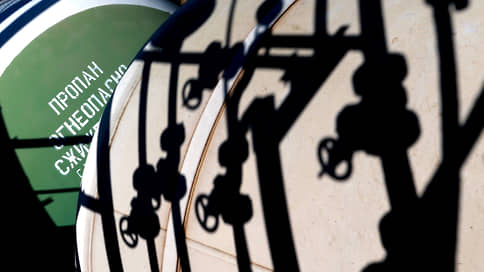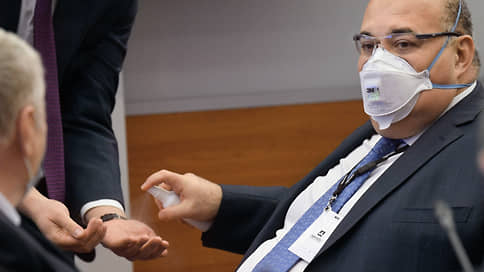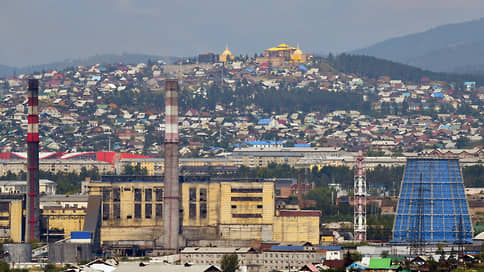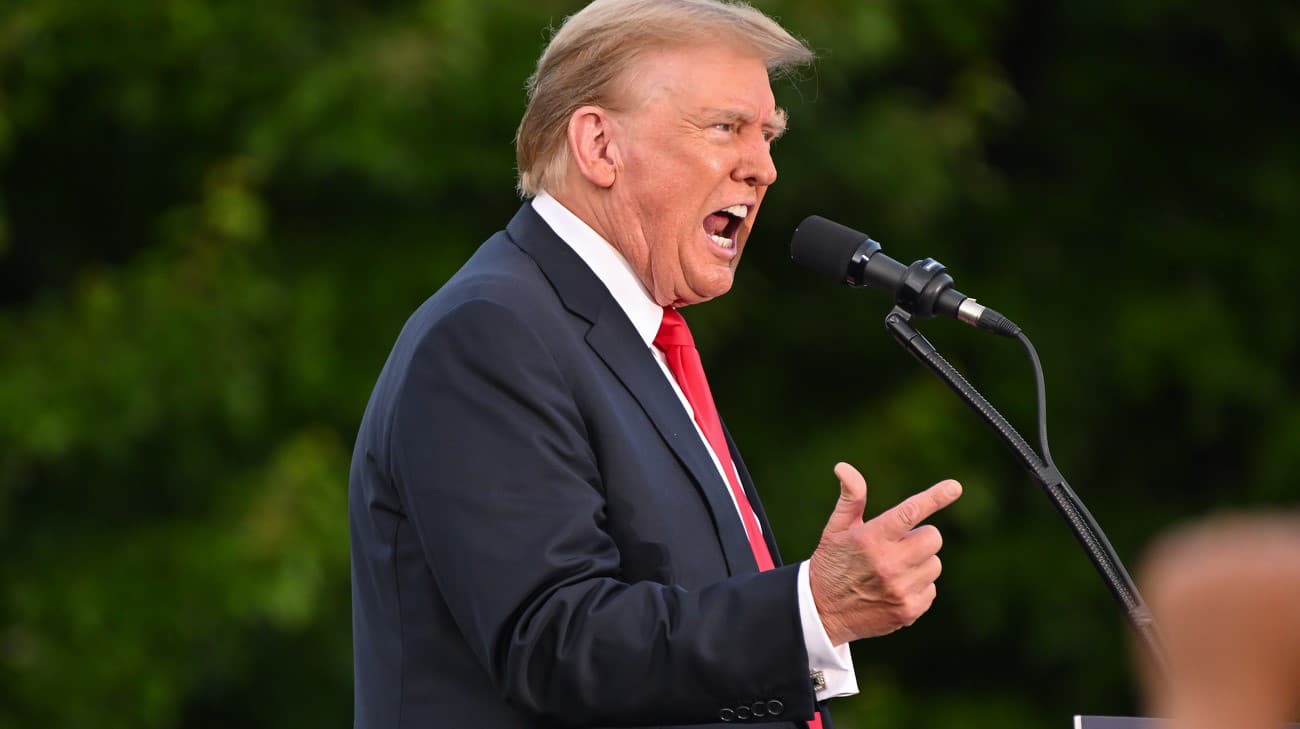LPG prices have decreased to a minimum per year: causes and consequences

By the end of the first quarter of the quotes of liquefied hydrocarbon gases (LSG), they reached a minimum since December 2024, dropping below 12 thousand rubles. per ton. Market participants explain this by re-setting the volume of Propan-Butan in the domestic market against the backdrop of the sanctions prohibition of export to Europe and the traditional low seasonal demand in Russia.
The cost of LSGs on the St. Petersburg Exchange according to the most liquid index of the Urals and Siberia on March 31 reached the lowest point from the beginning of the year of 11.7 thousand rubles. per ton. This is 1.3% lower than the quotes of the previous trade day and almost 16% less than last year. The last time so low the exchange price for LPG fell in December 2024.
In the spring, the cost of Propan-Butan is traditionally at the lowest indicators, market participants note. In winter, quotes usually supports the increase in demand for refueling heating systems, and in summer – consumption in dachas and in the motor vehicle. The lowest quotes in 2024 were recorded in May, when the cost of LPG fell to 8.8 thousand rubles. per ton. But in June, prices began to rise sharply, reaching a peak of 37.1 thousand rubles. per ton by mid -August, and then moved to a decrease.
This year, the key factor affecting the cost of LSG was a significant excess of demand over demand against the background of the entry into force on December 20 of the ban on deliveries from Russia to the EU. The restrictions were approved at the end of 2023, but suggested a transition period. Under the sanctions, almost the entire list of LPG fell, in particular liquefied propane and butane, ethylene, propylene, butylene and butadien.
“Low prices for LPG are the result of a market surplus due to European sanctions. At the same time, production is at about last year’s level. Therefore, even a certain increase in consumption in the transport and public utilities sector does not affect exchange prices especially now, ”says NEFT Research, the managing partner of NEFT Research Sergei Frolov. By the summer, against the background of the strengthening of seasonal demand and the rise in the cost of gasoline, he expects a certain increase in prices for LSG.
The managing partner of the Proleum trader Maxim Dyachenko indicates that the manufacturers have problems with the operational sale of products, and in the ports there were congestion during shipment. “About 3 million tons of LPG were traditionally exported from Russia, but from December, when the EU sanctions entered into force, deliveries in this direction stopped, and insufficient demand on other routes and the low capacity of the domestic market began to form a surplus,” he explains. According to the top manager, an excess sentence is estimated at 1 million tons, which presses on prices. In addition, says Mr. Dyachenko, a high course of the ruble, the rise in price of logistics and growing operational costs make export as a whole not very attractive. According to his forecast, in the market this year, the situation may change sharply, taking into account that in Russia there is no infrastructure for storing large volumes of LPGs.
Vice President of the National Automobile Union Anton Shaparin agrees that as soon as difficulties with export begin, the price immediately sags in the domestic market. In his opinion, the systematic solution to the problem is the approval of the status of car fuel for LPG so that retail prices can be adjusted. He considers it necessary to fix the cost of a liter of LSG at gas stations at 50% of the price per liter of gasoline AI-92. “Then we would see stability in the market that would expand the use of gas equipment on machines,” says Mr. Shaparin. Now, he explains, the number of gas equipment installations directly depends on the price of LSGs at gas stations. Also, according to the expert, to stimulate the consumption of propane-butan in vehicles, it is necessary to subsidize the re-equipment of machines for the use of liquefied gas from the state by analogy with methane.








